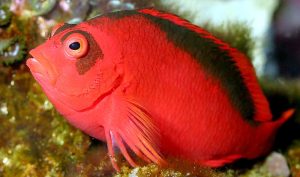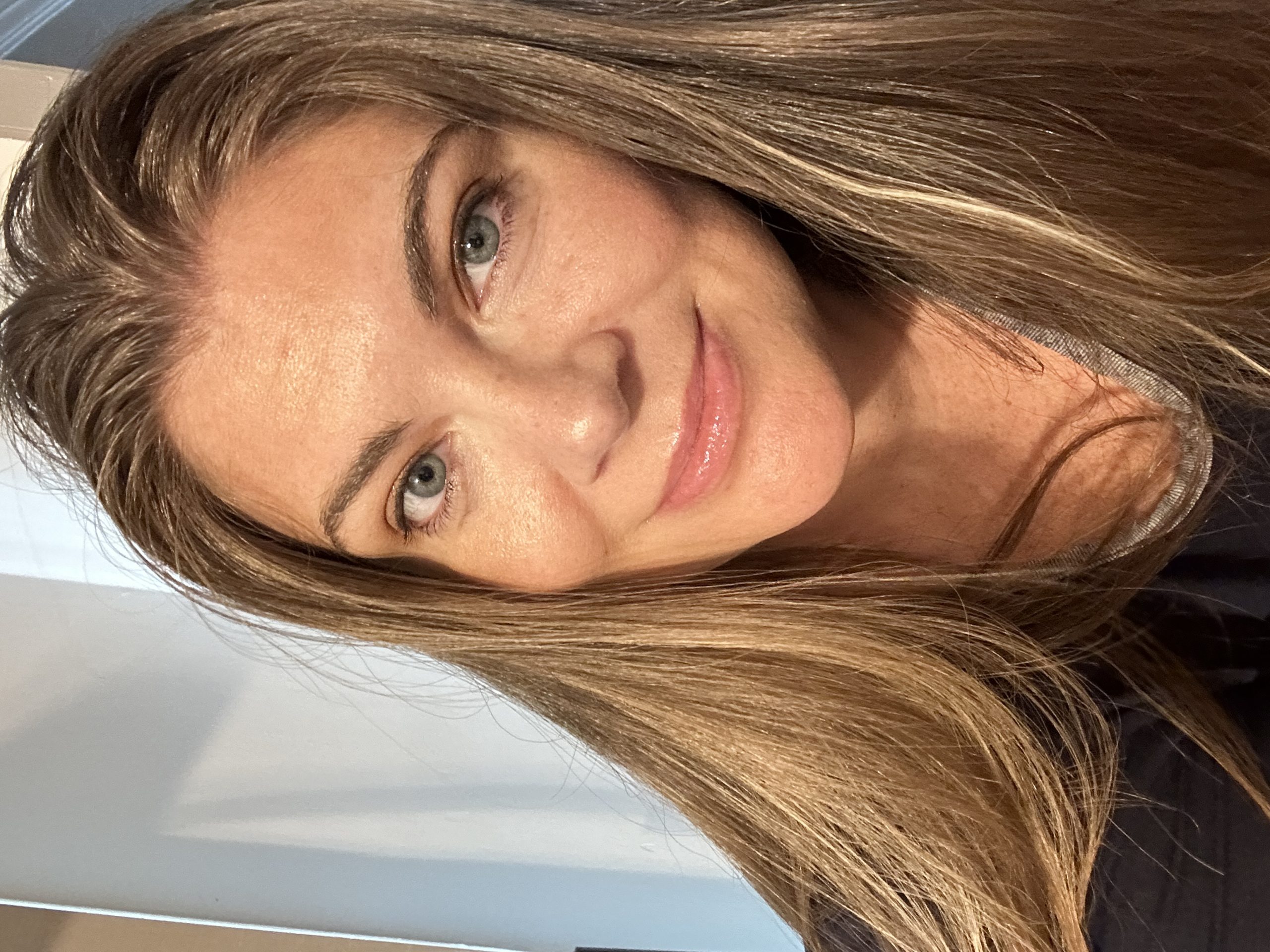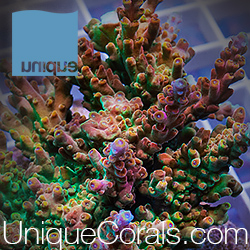I was doing laundry today. I love doing laundry. Not because of LAUNDRY, but because it’s one of the few times I just let my mind wander. My hands are busy, I am doing a necessary task and I do not feel like I am neglecting other activities. This is when I do some of my best thinking.
Cynical or Connected
I have said this before, and I will continue to say it, I am torn about the morality/ethics of capturing critters from the ocean just to bring into our homes. When you consider how high the death rate is for these organisms, it makes me even more squeamish.
There is one huge variable that justifies this hobby for me. People who feel more connected to nature take more actions to protect, preserve, and conserve our world (1). This is something I feel incredibly passionate about. There are many people in the world who have never been swimming in a natural body of water, much less seen a living coral. According to research, these people will have little desire to take action to protect the oceans. We have all heard the adage, “I never thought it would happen to me.” People do not care about the things unless they have personally experienced it – nature, the oceans, and coral reefs are no different.
So, is it a lost cause to get people to care about the ocean? Luckily, no. Research also shows that people don’t have to experience natural environments natively to take action – all they need is to feel a connection to take action. Artificial reefs, museums, zoos, and videos can be an appropriate proxy to develop this connection.
Visitors to Your Reef
I am sure everyone of you reading this has had an experience where a guest has come into your home and looked at your tank. Sometimes the person thinks your tank is cool and moves on. Occasionally though, you invite someone into your home who is completely drawn into your tank and is completely fascinated and mesmerized. I can speak from experience that someone can walk by your tank a million times and never notice anything, then suddenly something catches their eye and they are stuck at the tank.
My father-in-law has never paid much attention to my tank. It’s a novelty for sure, but not something he finds interesting. THEN I got a flame hawkfish. That little fish’s behavior made him care about the tank. He watched that guy for hours one day and picked up on his swimming patterns and his hang out spots. There was something about THAT fish that suddenly allowed him to connect with my tank. He anthropomorphized the fish. The fish became intelligent observant and quirky to him. That one fish drew him in and made him care about the tank. Now he always stops to look for the hawkfish and asks about THAT fish anytime he calls.

Flame Hawkfish. Photo Credit: James Fatheree
Being an Ambassador
That story is purely anecdotal, but this human behavior of only caring when we feel connected to something has been used by conservationists for ages. Want to save pollinators? Focus on the cute things – butterflies and bees (2). Want to save bogs? Show people the beautiful orchids that grow in them. Want to stop pesticide pollution of lakes and streams? Highlight how the pesticide are impacting a bird species that people already care about – the bald eagle. When conservationists identify animals or plant species that the public is likely to connect with, they dub them an ambassador species (3). Ambassador species have been a highly successful campaign component to raise the millions of dollars that is often necessary to result in any protection or conservation of a particular environment.
The title of this article is I do not Want to Grow the Hobby. This is click bait, because it is partially true (sorry). I do not think about growing our hobby community. Instead, I think about making people feel connected to our planet in a way that makes them understand the value of protecting the planet. That is one of the many things that our hobby is really good at. Giving people access to the oceans through our tanks does result in real action. Whether it is the red hawkfish or the entire tank itself, it seems that our tanks play the role of an ambassador to the oceans.
A Deeper Bond and Understanding
Beyond inspiring visitors, keeping a reef tank simulates what is going on in the oceans. I argue that anyone who is willing to put in the time, money and effort to keep a healthy reef tank will develop a deeper bond to the oceans. You do not need to keep a reef tank for long to understand how tiny changes make a huge impact.
- What happens in your tank if you have a large number of people in your home?
- What happens if your nitrates and phosphates sky rocket?
- What happens if there is a sudden increase of ammonia or decrease in oxygen?
- What about if your tank gets a few degrees higher than it should?
These are questions that most reefers can answer without hesitation, however, these concepts are abstract to the vast majority of people. Reefers have a deeper understanding of how small changes make big differences and how hard it can be to correct those changes. Nothing good happens fast in a reef tank nor in the world.
Reefing gives people an insight of how catastrophic it is when ocean waters get too hot, experience eutrophication or acidification. The simulated environment has allowed reefing hobbyists to make scientific breakthroughs about our world. In many areas, us reefers are far beyond the scientific literature in describing what is going on, why it is going on, and more importantly, how to remedy the situation.
What do I Want?
So, even though I do not want to grow the hobby, I do want to increase the number of people who feel connected to the oceans. I want to see more diversity in the hobby, so we see more ideas and creative ways to solve issues. I want more case studies to explore patterns we see in our tanks and to uncover how those patterns relate to the real world. I want more people to experience the beauty that exists in our oceans and on our planet. What I really want is for more people to value protecting the earth and then taking action to do just that.
1 Mackay, C. M. L., & Schmitt, M. T. (2019). Do people who feel connected to nature do more to protect it? A meta-analysis. Journal of Environmental Psychology, 65, 101323. https://doi.org/10.1016/j.jenvp.2019.101323
2 Stephan Lorenz & Kerstin Stark (2015) Saving the honeybees in Berlin? A case study of the urban beekeeping boom, Environmental Sociology, 1:2, 116-126, DOI: 10.1080/23251042.2015.1008383
3 E.A. Macdonald, A. Hinks, D.J. Weiss, A. Dickman, D. Burnham, C.J. Sandom, Y. Malhi, D.W. Macdonald (2017).
Identifying ambassador species for conservation marketing. Global Ecology and Conservation,12, 204-214, https://doi.org/10.1016/j.gecco.2017.11.006.










0 Comments